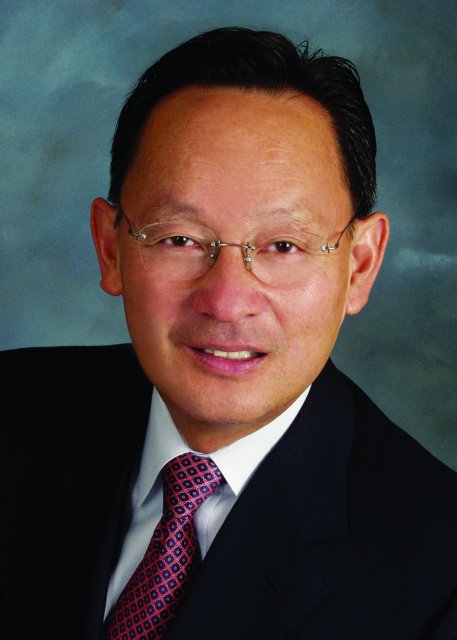SWLAW Blog | Events

March 23, 2016
Justice Ming Chin of the California Supreme Court to Speak at Southwestern Law School Commencement Ceremony
The Honorable Ming W. Chin, Associate Justice of the Supreme Court of California, will deliver the keynote address at Southwestern’s 101st Commencement Ceremony on Sunday, May 15, 2016 at the Shrine Auditorium in Los Angeles. An accomplished jurist, scholar, practitioner and decorated war veteran, Justice Chin has served in the legal profession for over 45 years, including nearly three decades on the bench. He has authored landmark decisions in areas such as DNA, hate crimes, toxic tort insurance coverage, and surrogate parents. He is the first Chinese American to serve on the Supreme Court of California.
This will be Justice Chin’s third time addressing Southwestern graduates, as he previously spoke at the law school’s 2010 and 1996 commencement ceremonies. Southwestern awarded Justice Chin an honorary Doctor of Laws degree in 1996.
“It is an honor to welcome Justice Chin back to help us celebrate the beginning of our second century of graduates,” said Dean Susan Westerberg Prager. “He is an outstanding example of a judicial officer who is committed to the careful examination of the complex issues that come before our courts. I know his experiences and advice will resonate with the Class of 2016 as they enter the legal profession.”
Justice Chin earned his B.A. in political science as well as his J.D. at the University of San Francisco (USF) and was admitted to the California State Bar in 1970. After law school, he served two years as a Captain in the U.S. Army, including a year in Vietnam. He then served three years as a deputy district attorney for Alameda County, where he tried numerous felony and misdemeanor jury trials and progressed to the position of felony trial deputy. In 1973, he entered the private sector, becoming a partner in the law firm of Aiken, Kramer & Cummings in Oakland, where he was head of the trial department and specialized in business and commercial litigation.
Justice Chin was first appointed to the bench in 1988, when then-Governor George Deukmejian named him to the Alameda County Superior Court. Two years later, he was appointed to serve as an associate justice on the First District Court of Appeal, Division Three, again by Governor Deukmejian. Just four years into his 12-year term, Justice Chin was appointed as Presiding Justice of that court by then-Governor Pete Wilson, who also named him to the Supreme Court of California in 1996.
Chief Justice Tani G. Cantil-Sakauye appointed Justice Chin as Vice Chair of the Judicial Council of California in 2015. He was previously a member of the Judicial Council Appellate Advisory Committee and the Advisory Committee on Racial and Ethnic Bias. The Judicial Council named him Jurist of the Year in 2009. For his alma mater, Justice Chin served on the USF Board of Trustees and the USF Law School Board of Counselors, and was an Adjunct Professor of Law. In 1988, he was selected as the USF Alumnus of the Year. USF Law School also named him Alumnus of the Year in 1993, and presented him with the St. Thomas More Award in 1996. Justice Chin was the first Asian American to serve as President of the Alameda County Bar Association and was selected by the Southern Alameda County Bar Association as the 1989 Outstanding Judge of the Year. He also received the 1997 Learned Hand Award from the San Francisco Bay Chapter of the American Jewish Committee.
Justice Chin has frequently lectured on DNA, genetics and the courts to groups including the American Bar Association’s Judicial Division, the State of California’s Center for Judicial Education and Research (CJER), the National College of Probate Judges, the Wisconsin Supreme Court Judicial Education Committee, and the Chulabhorn International Science Congress in Bangkok, Thailand. He is a frequent lecturer in judicial education programs and has delivered the Traynor Lecture at the Witkin Judicial College four times, most recently in August 2014. He is a co-author of two California Practice Guides:Employment Litigation (The Rutter Group 2015) and Forensic DNA Evidence: Science and the Law (The Rutter Group 2015).